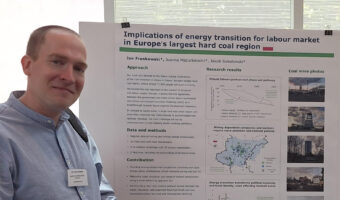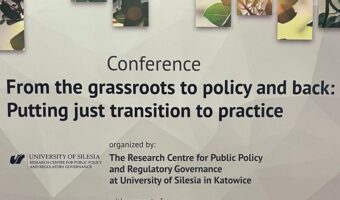National and international climate mitigation policies often do not consider the objective conditions and challenges present at the regional level, resulting in misalignments between (inter) national climate policy goals and local priorities. This holds especially in Coal and Carbon Intensive Regions (CCIR) that depend economically on fossil fuels. Implementing mitigation actions and climate policies towards clean energy transition can be highly ineffective without a proper understanding of social, political and cultural perspectives.
The project aims to respond to 3 main questions:
- Why do Coal and Carbon Intensive Regions (CCIR) change their development trajectories and embrace low-carbon, clean-energy transformations?
- What are the actual effects of such fundamental changes to the livelihoods and the sustainability of regional economies and socio-ecological systems?
- How can knowledge from the recent past about processes leading to fundamental changes in these regions be used to identify the most effective tipping interventions to enact low-carbon, clean-energy transitions in other regions?
In the project, IBS will carry out the following:
- Quantitative study on tipping points in populism and anti-democratic attitudes and its relations to energy transitions and clean energy scepticism
- Structural analysis of labour market implications of coal transition on employment, including long-term unemployment, worker flows, and their distributional aspects.
TIPPING+ is a project conducted by a consortium of 18 institutions led by the Global Climate Forum.
* * *
This project has received funding from the European Union’s Horizon 2020 under grant agreement No 884565.





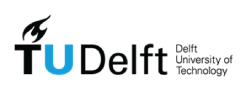

![]()





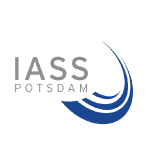



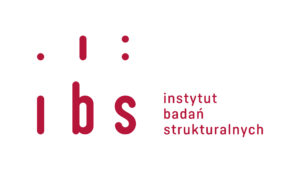
- GCF – Global Climate Forum
- Aalborg Universitet
- Delft University of Technology – TU Delft
- Eco-union
- Innolab Space
- Institute for Advanced Sustainability Studies
- Institute for Structural Research
- National School of Political Studies and Public Administration
- Nordland Research Institute
- Palacky University Olomouc
- Paris School of Economics
- su-re.co – Sustainability and Resilience
- Università Degli Studi di Roma La Sapienza
- University of Greenland
- Universitaet Graz
- University of Piraeus Research Center
- Westport Consulting

